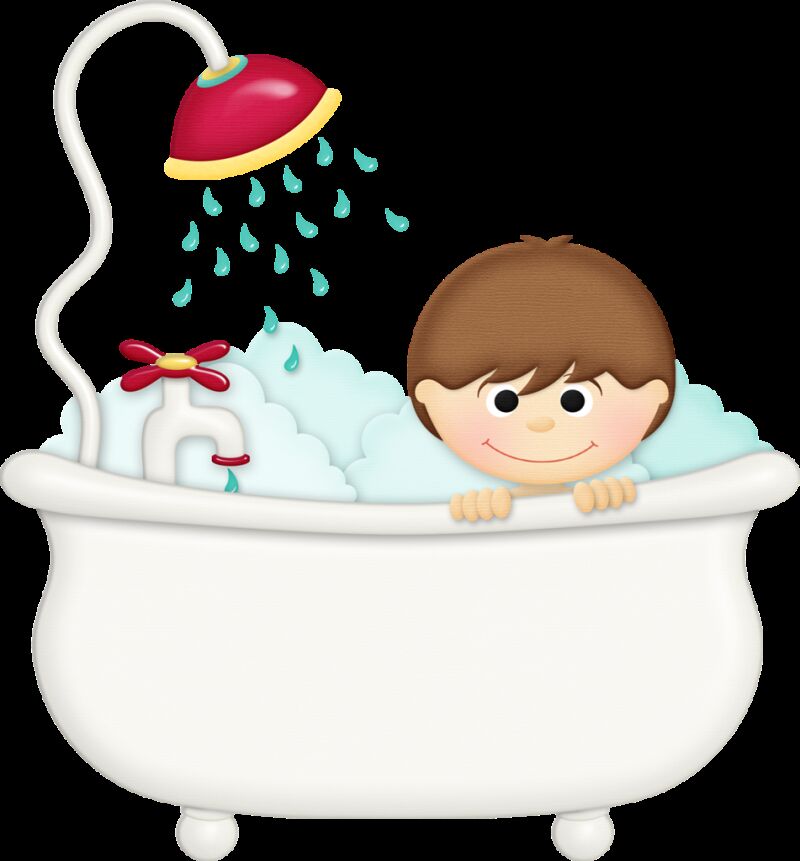Mild COVID-19 can be treated with antiviral medication
Antiviral medications are currently only advised for patients COVID-19 disease who need supplemental oxygen. Mild COVID-19 is best treated by isolating at home and with symptomatic treatment, rest, and plenty of fluids. Medications like ivermectin and Hydroxychloroquine can be used in mild COVID-19.


The earlier any medication is started, the better
While there are a variety of medications that have been approved for the treatment of COVID-19, it is important to note that certain medications are only effective when they are used at the appropriate times and appropriate stages of COVID-19 in patients. Therefore, some medications are only recommended for mild COVID-19 whereas others might be recommended only for moderate to severe COVID-19. Tocilizumab is started only if steroids are not helpful. It is best to take these medications only after consulting a doctor as many of the medications used to treat COVID-19 can have side effects.
Herbal remedies can cure COVID-19
There are recommendations from the AYUSH ministry that herbal remedies may be taken to help boost the immunity of a person, while used in conjunction with a healthy lifestyle – a nutritious diet and 8 hours of sleep a day. However, for patients who have moderate to severe disease, low levels of oxygen, and in pregnant and lactating women, it is recommended that they consult with allopathic medical care and that ayurvedic medication can be used in conjunction with it.


Vitamins and minerals can prevent COVID-19
While taking the daily recommended dose of vitamins and minerals can be important in maintaining the immunity of a person, taking excessive doses of vitamins and minerals have no advantageous effects. As a matter of fact, taking excessive vitamins when the body does not require the extra doses can be harmful and lead to toxicity and affect major organs of the body.
Antibiotic medications can treat COVID-19
Antibiotics such as amoxicillin do not have any effect in curing COVID-19 as they are only effective against bacterial infections and COVID-19 is caused by a virus. However, it might be used if secondary bacterial infection is suspected.
Every COVID positive person should be hospitalized
Persons with mild COVID-19 are recommended to practice home isolation and monitor their vitals such as temperature, oxygen saturation and blood pressure. Hospitalization is required only in moderate to severe cases.

Having a bath with hot water will kill the coronavirus
While taking the daily recommended dose of vitamins and minerals can be important in maintaining the immunity of a person, taking excessive doses of vitamins and minerals have no advantageous effects. As a matter of fact, taking excessive vitamins when the body does not require the extra doses can be harmful and lead to toxicity and affect major organs of the body.
Regularly rinsing the nose with saline will prevent COVID-19 infection
There is no evidence that suggests that rinsing the nose with saline can kill the coronavirus.
Spraying alcohol or disinfectant over the body can prevent COVID-19 Infection
Spraying alcohol over the body or consuming alcohol does not prevent COVID-19 infection. Spraying alcohol or disinfectant like bleach on the skin directly can lead to adverse side effects like skin dryness, itching and rashes. The most important preventive measure that one can take to safeguard oneself from the coronavirus is to wash hands frequently with soap and water or alcohol based hand rub. Clean hands will prevent the virus from entering the body through portals like the eyes, nose, mouth, and face.
Coronavirus can spread through water and by swimming
COVID-19 does not transmit through water. It can spread through air and fomites. However, COVID-19 can spread through close contact with an infected person, including swimming. It is best to maintain 1 metre social distancing in any situation and avoid swimming altogether if social distancing cannot be maintained.

COVID-19 is transmitted through mosquitoes and houseflies
There is no evidence to suggest that COVID-19 can be spread through mosquitoes or houseflies. Coronavirus mainly spreads through droplets when an infected person coughs, sneezes or speaks.
Myths and misconceptions during COVID-19
to download the pdf
